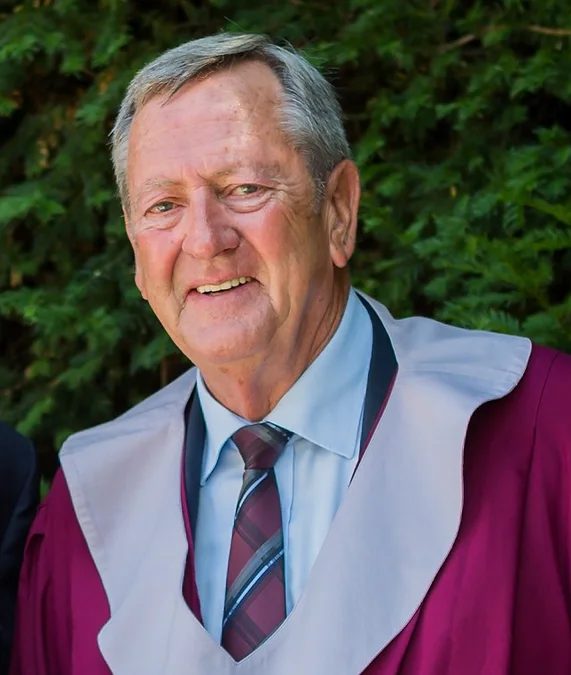
Dr. Colum de Sales Murphy
Colum de Sales Murphy is the President of the Geneva School of Diplomacy and International Relations. A native of Ireland, Mr. de Sales Murphy has more than 30 years of experience in diplomacy. His studies in International Relations were pursued in Ireland, at Harvard University’s Kennedy School of Government, and at the University of Geneva. Mr. Murphy has specialized in the study of the roots of war and conflict and has served the cause of peace with the United Nations and the European Union. He served in the field of peace negotiation in several wars, including those of Somalia, Liberia, the former Yugoslavia and numerous other conflicts. He spent more than four years in Sarajevo during and after the war there and has written extensively of that conflict. During the war he was United Nations Deputy Head of Political Affairs inside Bosnia. After the conflict he served in that country as Spokesman of the international community. Colum de Sales Murphy served the United Nations in many capacities over several decades: in the Security Council, as Special Assistant to the UN Secretaries-General, as a Political Officer and as a Human Rights Officer. Colum de Sales Murphy founded the university institute, the Geneva School of Diplomacy and International Relations in 2003. The courses he has taught include: War and Diplomacy; Leadership and Negotiation; Political Philosophy; International Economics; Sociology; Comparative Foreign Policy; and Foreign Affairs and Today’s News.Publications
In Courage-Dreams Caught (poetry)
Sarajevo: Snapshot by Candlelight (a novel)
“Aza Beast”: Attacking the Roots of War – A Bosnian War Journal (Pandora/Smisao, Bursinel, Switzerland, 2004).
Reviewing “Aza Beast” in Foreign Affairs (Jan/Feb. 2005), Harvard’s Stanley Hoffmann wrote: “This memoir is valuable both as a portrait of a deeply moral man in an awful situation and as an account of the sufferings of the Bosnians … Murphy’s sense of right and wrong, his distaste for “realist” justifications of inaction, and his concern for the victims of war gives this volume its glow and its emotional power”.